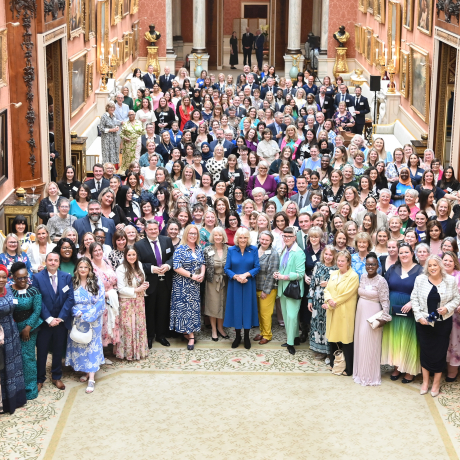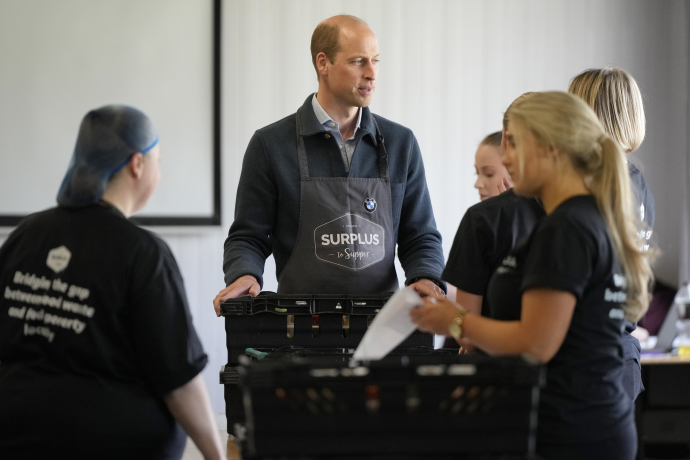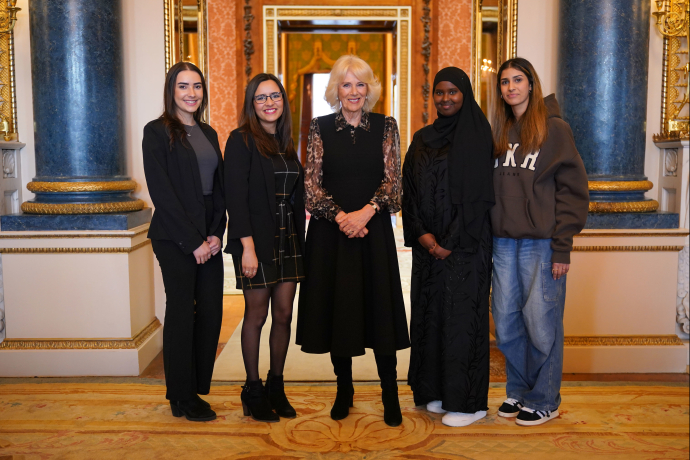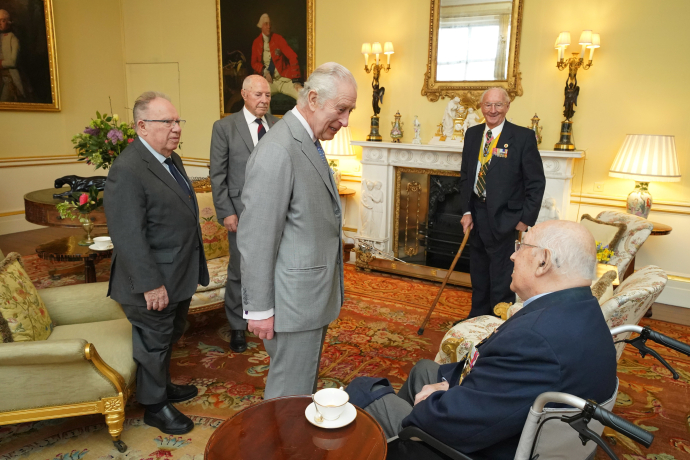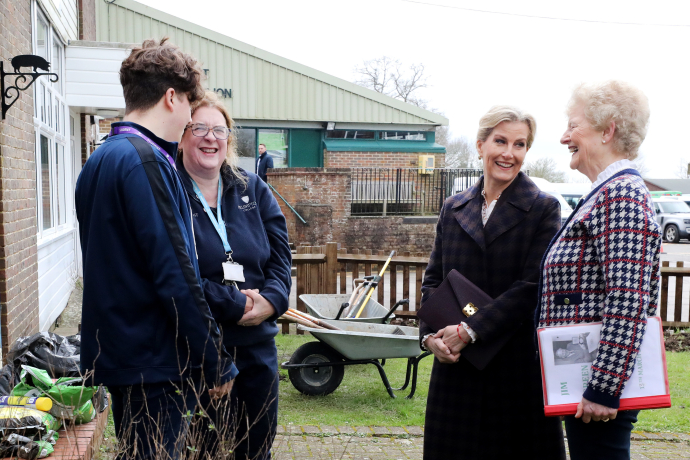The site provides information on the role of the Monarchy in modern society; biographies of members of the Royal Family; a history of kings and queens through the ages; information on Royal residences and art collections; and coverage of recent Royal engagements.
Personal information policy
The Royal Household regards the lawful and correct treatment of personal information as vital to successful operations and to maintaining the confidence of those with whom it deals.
Links policy
You do not have to ask permission to link directly to pages hosted on this site. We do not object to you linking directly to the information that is hosted on our site. However, we do not permit our pages to be loaded into frames on your site.
The Royal Household is not responsible for the content or reliability of web sites linked from this site, and does not necessarily endorse the views expressed within them. Listing should not be taken as endorsement of any kind. We cannot guarantee that these links will work all of the time, and we have no control over the availability of linked pages.
Privacy
The British Monarchy web site, with the exception of the subscription system, does not store or capture personal information, but merely logs the user's IP address, which is automatically recognised by the web server.
We do not use cookies for collecting user information, and will not collect any information about you except that required for system administration of our web server.
If you register to receive updates, your information will be held on a secure server and the data will not be shared with any other organisations. This shall be treated as proprietary and confidential. It will be used only to provide you with e-mail updates on the topics you have requested. Data is managed in accordance with the Data Protection Act 1998.
Google Analytic Cookies
royal.uk uses the Google Analytics tool to track overall browsing patterns on the website. For instance, it helps us identify the most popular pages on the website, find out which links are being clicked on), and to give us broad demographics about from where, in the Commonwealth for example, users are accessing the site. We cannot personally identify any user with these cookies.
The five Google Analytics cookies are called utma, utmb, utmc, utmv and utmz. They track how often the website is visited, when you enter and leave the site, and which site you visited that lead you to royal.uk. utmz also tracks any keywords you entered into a search engine that lead you to royal. uk if appropriate.
Virus protection
We make every effort to check and test material at all stages of production. It is always wise for you to run an anti-virus program on all material downloaded from the Internet. We cannot accept any responsibility for any loss, disruption or damage to your data or your computer system which may occur whilst using material derived from this website.
Language policy
Every effort is made to ensure that the English used in this site is clear, simple and straightforward to read.
In compliance with the Welsh Language Act 1993 and guidance regarding Scots Gaelic, sections of this web site provide core content in Welsh and Scots Gaelic. We hope in future to provide more information in these languages, and to add content in additional languages, as resources allow.
Accessibility
The Royal Household aims to provide a web site that is accessible to the widest possible audience, regardless of visual, hearing, motor and cognitive impairments.
The Royal Household takes seriously the requirements of users with visual and motor disabilities. This site is currently Bobby A accredited. The Royal Household is working towards implementing higher levels of accessibility in the future development of the site.
Viewing pdf files
This web site uses Adobe Acrobat to show particular documents. Files in this format will have the pdf symbol next to them. To view and print pdf files, you must have Adobe Acrobat Reader installed. To download this product for free, please use the link below:
http://www.adobe.co.uk/products/acrobat/readstep2.html.
If you cannot use Acrobat Reader to see these documents (for example, if you use screen reader software or an audio-enabled web browser), Adobe provides a free online tool which converts them to text.
To use this service, send the web address (URL) of the Adobe Acrobat document you want to read through the web form at http://www.adobe.com/products/acrobat/access_onlinetools.html. The service will return the document to you as a web page (HTML) or as plain text.


